Toxicant induced stress and death in C2C12 cells
Objectives:
- To investigate chemically induced cell stress, cell death and differentiation responses in C2C12 cells using reporter cell lines, cell painting and transcriptomics.
Description of Work:
- Making reporter cell lines that allow detection of caspase activity and activation of different cell stress pathways in live cells as they are induced to either die or differentiate.
- Describing toxicant induced changes in the reporter cell lines over time an at different concentrations.
- Transcriptomics of dying and differentiating cells and analysis of relationships between caspase activity, stress pathway activation and gene expression.

DNA damage and myoblast death and differentiation
Objectives:
- To investigate caspase-dependent and caspase-independent DNA damage in C2C12 cell death and differentiation.
Description of Work:
- Detecting caspase activity in live cells as they are induced to either die or differentiate.
- Transcriptomics and proteomics of dying and differentiating cells and analysis of relationships between caspase activity and gene expression.
Decoding molecular signatures
Objectives:
- To identify molecular signatures associated with either cell survival, differentiation or cell death.
Description of Work:
- Mining toxicological substructural alerts.
- Evaluating different modelling approaches using legacy data.
- The quantitative data from the cell stress response reporters and cell death assays will be used to establish computational biology models for stress response activation of individual stress pathways for different cell types and activation of cell death processes.
- The new data sets generated from the other WPs metadata will be analysed with algorithms previously designed to identify toxicant induced signalling pathways.
- The utility of the built systems in determining the most probable chemical induced cell fates will be assessed by means of prospective in vitro cell fate experiments.

TOXIFATE updates
This section features the latest news about the TOXIFATE project, regarding the team members, progress, and key activities.
After the selection of the candidates and several online meetings, we had an interesting meeting on Valencia between the University of Galway and ProtoQSAR teams.
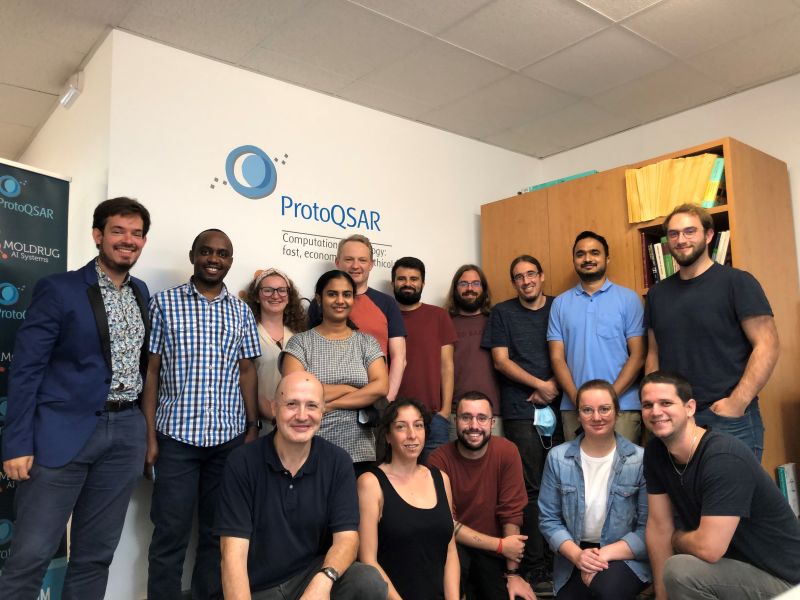
Moreover, following the different dissemination activities, the Principal Investigator Dr. Howard Fearnhead gave a talk at the 2nd International Conference of Non-Lethal Roles of Cell Death Proteins.
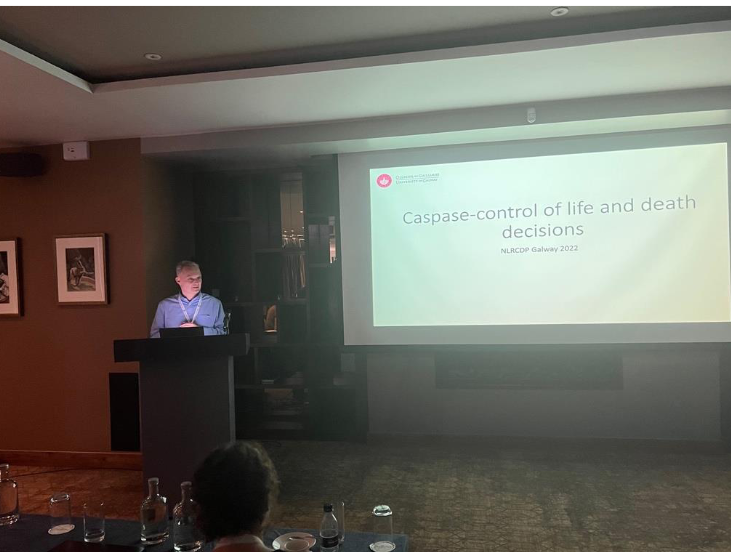
As the project continues, and following the planned timeline, our PhD student Roman Lambert moved to Valencia to start the secondment at ProtoQSAR.
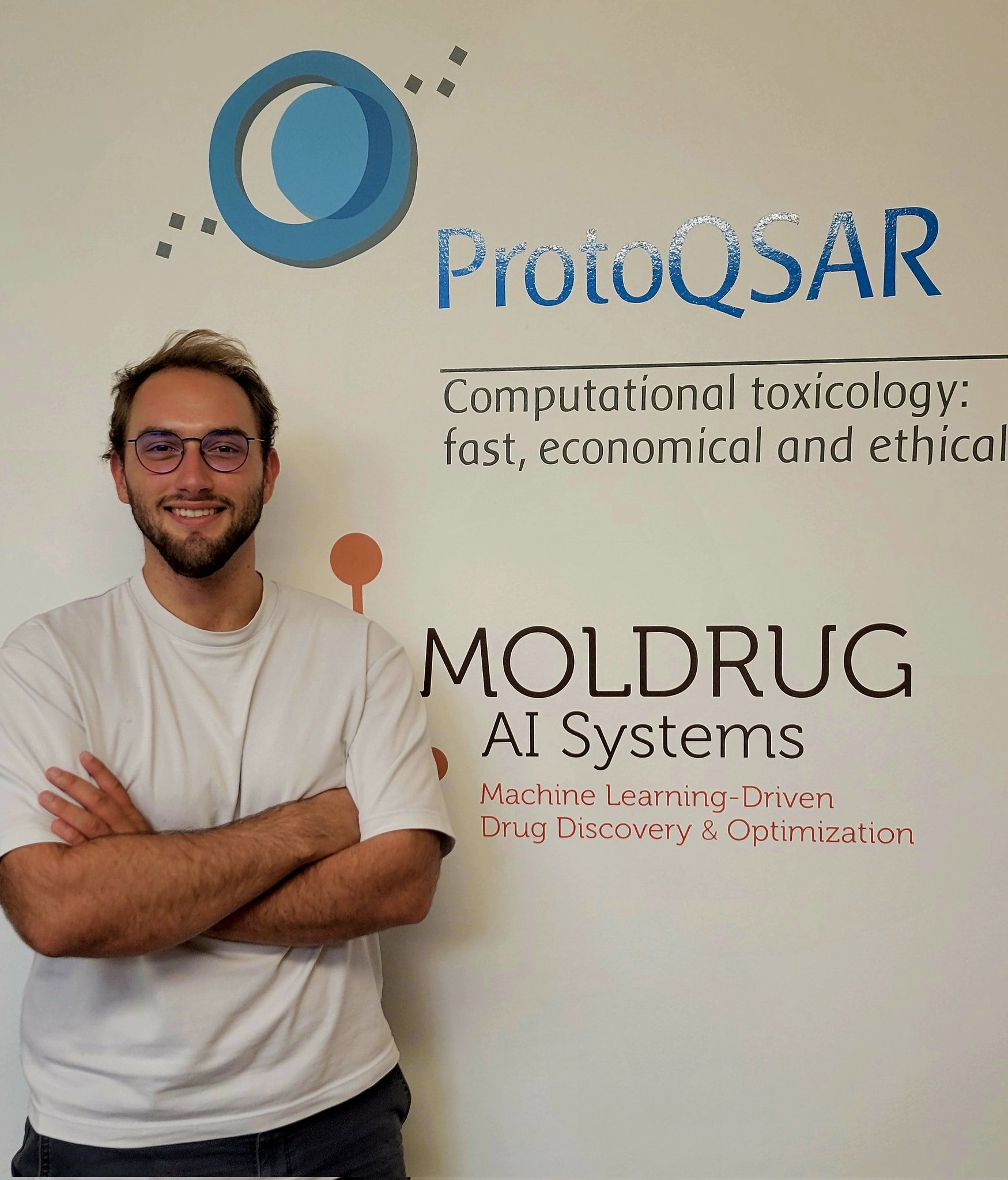
Continuing with the dissemination and communication activities, our PhD students participated in different events where they presented the results of the projects, such as poster presentation at the 11th SFCi Days in Caen, France.
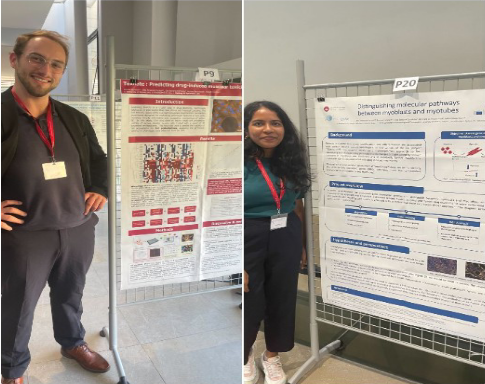
Also, PhD student Roman Lambert had the opportunity to attend the JRC Summer School on Non-animal Approaches in Science in Ispra, Italy, presenting not only a poster but also a short oral communication.
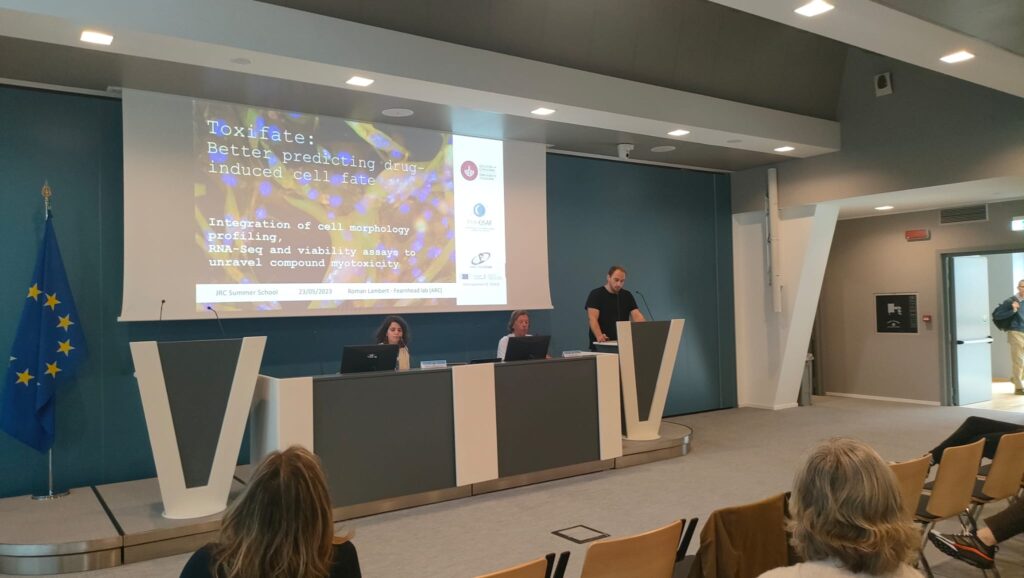
But that’s not all, during the project collaborators from ProtoQSAR and University of Galway have participated in different events with academia, regulatory organizations, and/or industrial audience in which the TOXIFATE project was showcased.
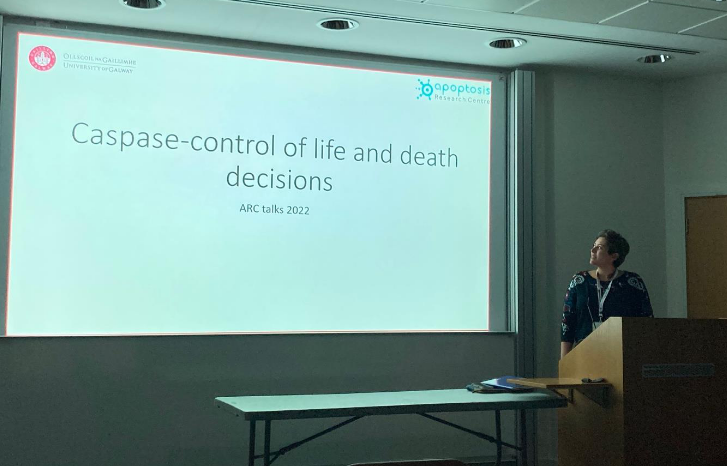
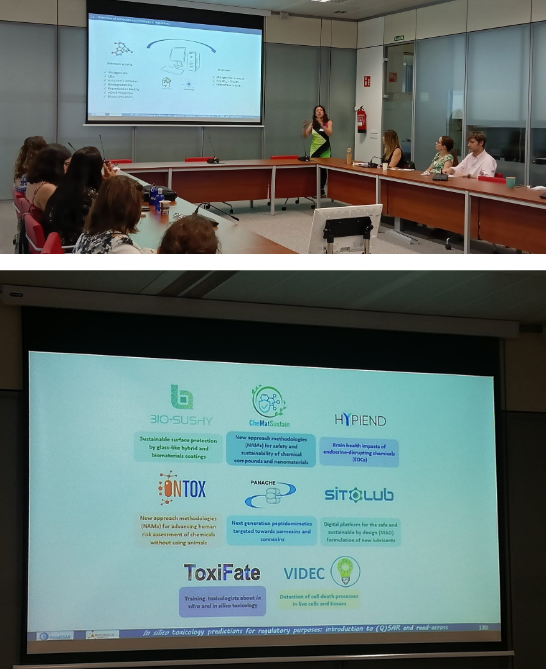
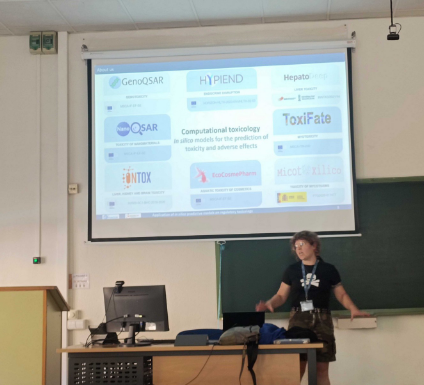
TOXIFATE has contributed offering valuable insights and advancements in predictive toxicology. This section highlights our key achievements and team efforts.

